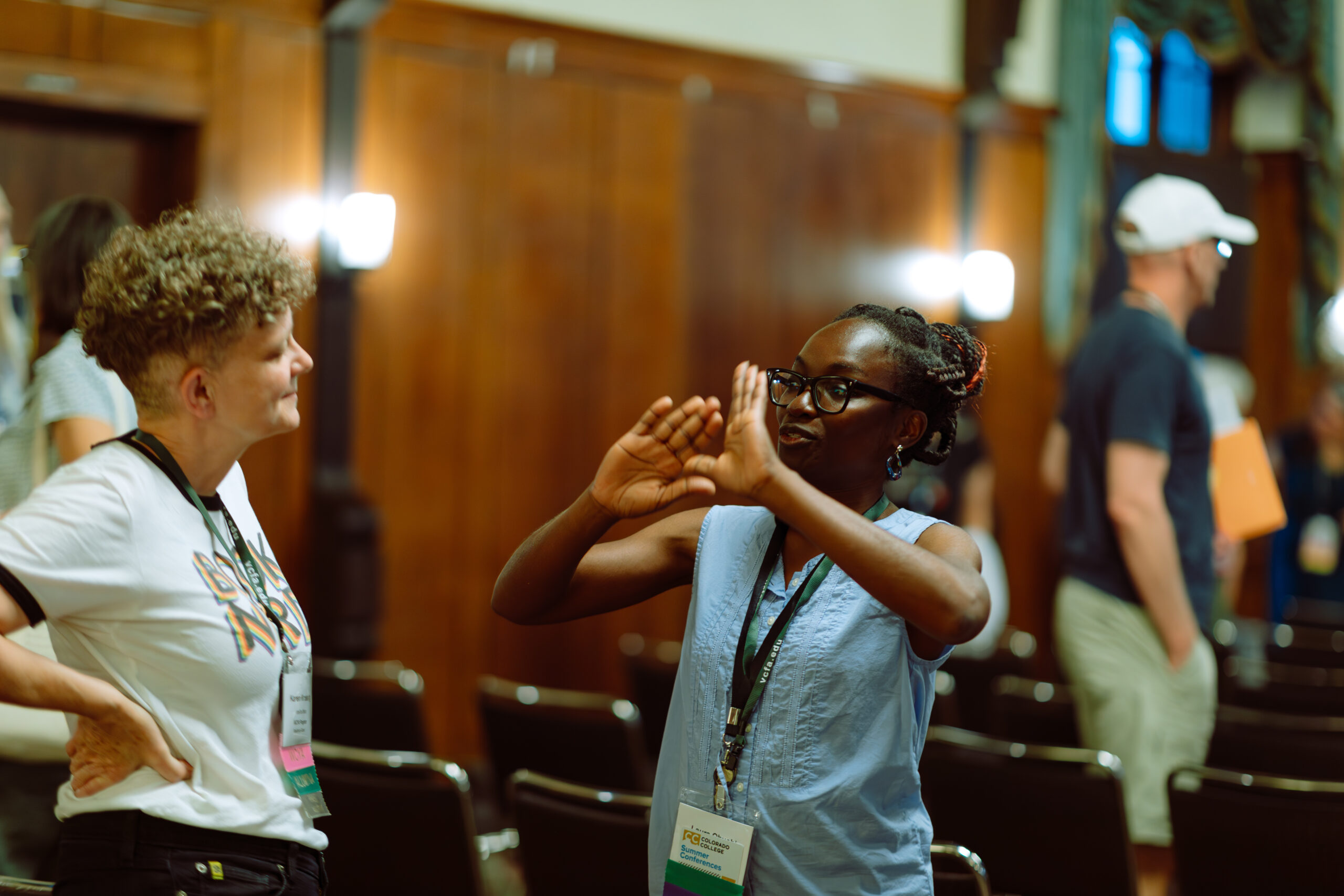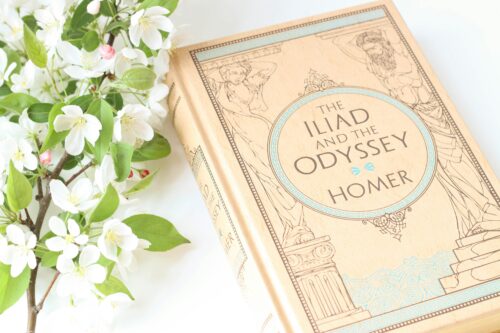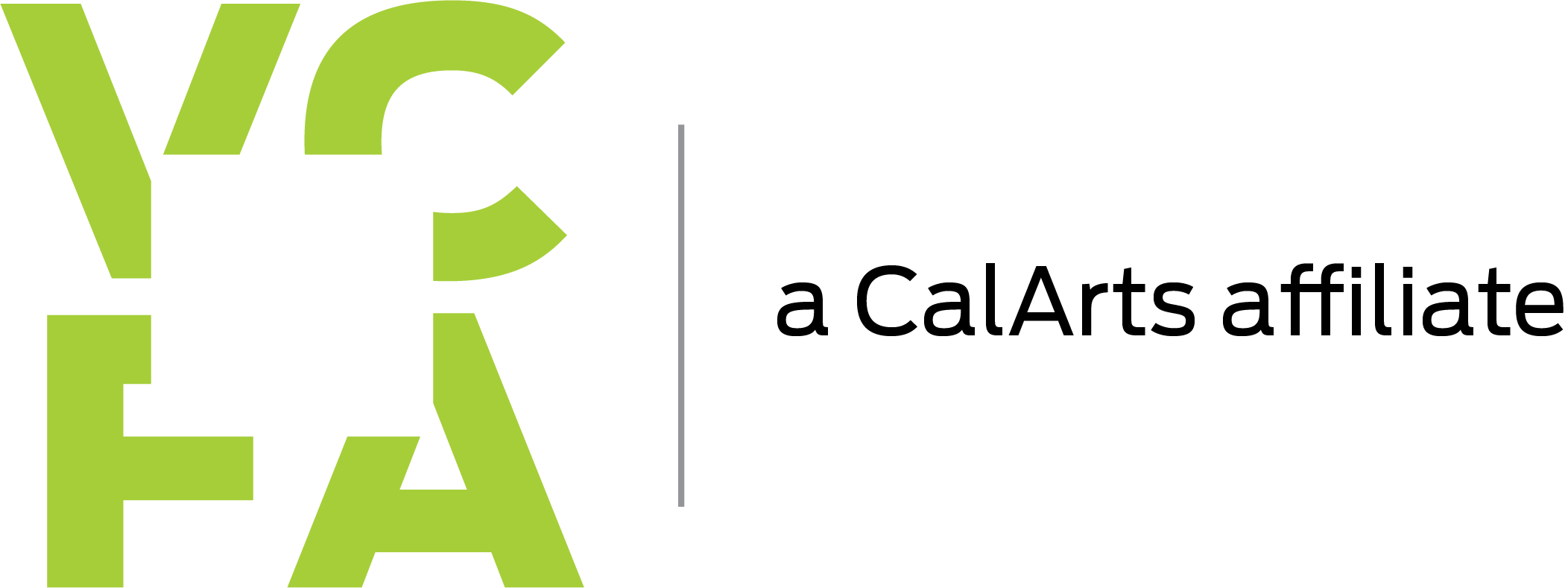What is Prose?

What is prose, and why does it matter? The right definition can unlock your creativity and inform the way you understand storytelling history.
By Alex Abraham
June 20th, 2025
So, what even is “prose?”
I get this question from customers sometimes. My bookseller-answer, the short-and-sweet version, is simply: “not poetry.”
But they’ve asked me to put on my MFA hat for this one, so it’s about to get a little more complicated. Because all writers, whether we’re working on picture books for toddlers or mystery-thrillers for adults, must contend with prose as a part of our craft.
In this article, I’m leaning on my expertise—children’s books. But while the examples I’m pulling are often from children’s literature, no matter who you write for, you might find a helpful answer here.
In the search for an answer to “what is prose?” I’ll:
- Start by unpacking the common definition of “prose”
- Take a step back to investigate the history of the form
- Talk about the craft side of it all—and why all writers should care
Defining Prose
Of course, we could start by consulting the dictionary. Here’s how Merriam-Webster defines it:
a: the ordinary language people use in speaking or writing;
b: a literary medium distinguished from poetry especially by its greater irregularity and variety of rhythm and its closer correspondence to the patterns of everyday speech.
Hm.
Well, the first part of that definition tells us nearly nothing, and the second reiterates what we already knew—prose is not poetry.
So then, can it only be defined by what it’s not? Must all writing fall into the binary or “poem” or “not-poem?” And what the heck is a “prose poem,” then?
Merriam-Webster couldn’t tell me, but the good folks over at Poetry Foundation gave it a swing:
“Prose poem: a prose composition that, while not broken into verse lines, demonstrates other traits such as symbols, metaphors, and other figures of speech common to poetry.”
But this just begs further questions—are “symbols, metaphors, and other figures of speech” then defining elements of poetry? How do we define poetry—wait! Stop! This article is about what prose is, not what prose isn’t!
Okay. Deep breath. We can still figure this out.
When the dictionary fails, we always have etymology to fall back on. And according to etymonline, prose came to us in English in the 14th century via the Old French prose, which meant “story, narration.” The French got that from the much earlier Latin prosa oratio or “straightforward or direct speech (without the ornaments of verse).”
Ah ha. Now this, I can work with.

Prose is often compared to verse, or poetry. Historically, humans told stories in verse, like the epic poems of Homer written hundred of years ago.
The History of Prose
You could say “obscure linguistic moments from ancient history” is my Roman Empire.
The first recorded use of prosa oratio we know of came from Appius Claudius Caecus, blind and elderly senator who made a rare in-person appearance to the Roman senate around 280 BCE to denounce the political takeover of Pyrrhus, “a man he viewed only as an Alexander wannabe.”
Basically, Appius came down with the receipts, and delivered a succinct and compelling argument that effectively ended the career of his political opponent.
Thus began a legacy of lengthy political arguments being presented to the senate, an art Senator Cory Booker recently executed to break the record for longest filibuster in American history.
But Alex! You might be saying. I write fiction. For children. What does this Roman Empire stuff have to do with me?
And to that I would reply, exactly.
We write fiction.
Back in Appius Claudius Caecus’ day, fictional narratives would have been shared through the oral tradition, in verse.
Some say Homer is a made-up author to whom we attribute the great epics of The Illiad and The Odyssey (recently translated into English by a woman for the first time, which is really freaking cool), because often, there is no one author of stories like these. Most likely, they were spread across the ancient world by bards, traveling poets who memorized (or improvised) the stories to recite as entertainment for crowds of Ancient civilians—before TikTok, we had bards.
This tradition of storytelling in verse endured for centuries to come; particularly when it came to children. Fairy-tales and nursery rhymes were, for most of human history, the closest thing we had to “children’s literature.”
In the United States, the first recorded example of a book published, in 1656, for children to read was a brief 15-page dialogue called, unfortunately, Spiritual Milk for Boston Babes.
I hesitate to call this a work of prose because while it does include dialogue, it lacks any narrative or descriptions. It reads more like a call-and-response script for Puritan children to placate their elders and prove they weren’t out dancing with the devil.
I do not want to credit the late minister John Cotton with any great genius of literary craft; Spiritual Milk for Boston Babes is poorly written and hard to understand.
But it’s also one of the first attempts we have (in English, at least) to model prose for a child audience—about 800 years after Appius Claudius Caecus coined the format.

Good prose doesn’t have to exclude every element of poetry. In fact, some of the best prose is informed and influenced by poetry.
Prose Today
So now that we know what prose is, how can we apply that understanding to make us better writers? What makes “good” prose?
I think the answer lies way back in the Latin; prosa oratio or straightforward, direct narration without the ornaments of verse.
Have you ever been accused of “purple prose”? Prose that is so elaborate it becomes distracting or even devoid of meaning?
When writing for children, people (see: adults) can be particularly pedantic about how we ought to convey a story. There is a pervasive belief that the “right” way to speak to children so that they understand is to be as straightforward and literal as possible—prosa oratio in it’s purest form.
But I think most of those who take the art of writing for children and young adults seriously would jump to point out that some of the most popular and groundbreaking children’s literature of the last century has been full of deviations from that norm. Successful kidlit writers like Jason Reynolds, author of the popular Track series, are able to use both poetry and prose to emulate voices that feel youthful and authentic.
Personally, I’m a strong believer in the ornaments of verse. I think metaphors and symbols are powerful tools in a novel no matter the format; the same stands true for alliteration and assonance, rhyme and repetition—heck, I’ve never met a picture book writer who didn’t love onomatopoeia.
Poetry may have been where we forged these tools of expression, but that doesn’t mean they can’t find a home in prose as well.
I rage against axioms like “use as few adjectives as possible,” because first of all, how dare you? I will use as many adjectives as I like—and secondly, because adjectives exist for a reason.
We invented them to add specificity and dimension to the things we describe. We teach children colors and numbers and the five-senses to help them make sense of the world; to categorize and disambiguate whenever they come upon something new.
I guess what I’m really saying is, prose does not only exist in opposition to poetry; but it does only exist because verse came first.
Good prose is informed and influenced by good poetry.
One Last Thought Before I Go
You may have noticed I managed to write an entire article on the concept of “prose” without ever once mentioning the word “grammar.”
Another writer may have told you that prose is defined by its adherence to the laws of grammar—but I believe it’s the opposite. Good grammar is defined by the laws of prose; “the ordinary language people use in speaking or writing.”
That’s vernacular. That’s slang. That’s words like ain’t and yeet and sentences that start with conjunctions and sometimes even double-negatives. To capture voice, to sound authentic, sometimes we writers have to break the rules.
Jason Reynolds, in talking about his experience growing up and being shamed for how he spoke, wrote:
“[My language] was called improper, incorrect, ignorant, and some other words I refuse to type, rooted in prejudice and ugly biases…
“What if my teachers had explained dialect to me? What if they would’ve explained voice, and how each of us has one, informed by our experiences and cultures, all valuable and capable of coexisting? …What a powerful lesson that would’ve been, especially since it took me years after matriculating through the educational system to be okay with writing in my own voice—a voice all mine that school somehow convinced me I needed permission to access. The voice of my community, the voice of my family, and, funny enough, the voice that would change my life.”
Throughout human history, there is a pattern of authoritarian control. Fascists burn books, cut funding to education, and attack institutions that support working artists because they know art is inherently political; they know that imagining different futures is the first step to achieving them.
When we break the sacred laws of grammar in our writing, we encourage our readers to question the sanctity of laws elsewhere. So, as a prose writer, I’d say there’s never been a better time to start breaking some rules.
Especially if you’re writing to help children and young adults imagine a better future.

Alex Abraham
Writer, bookseller, yapper
alex-abraham.com
Alex Abraham holds an MFA in Writing for Children and Young Adults from the Vermont College of Fine Arts. By day, you can find them bookselling in Portland, OR. By night, you can find them astral projecting to an enchanted apple orchard in the New England countryside.
Related Posts
- How to Get Your Art into a Gallery Jun 09, 2025
- On the Art of Writing YA Horror May 14, 2025
- 7 Tips for How to Write a Picture Book May 26, 2025

